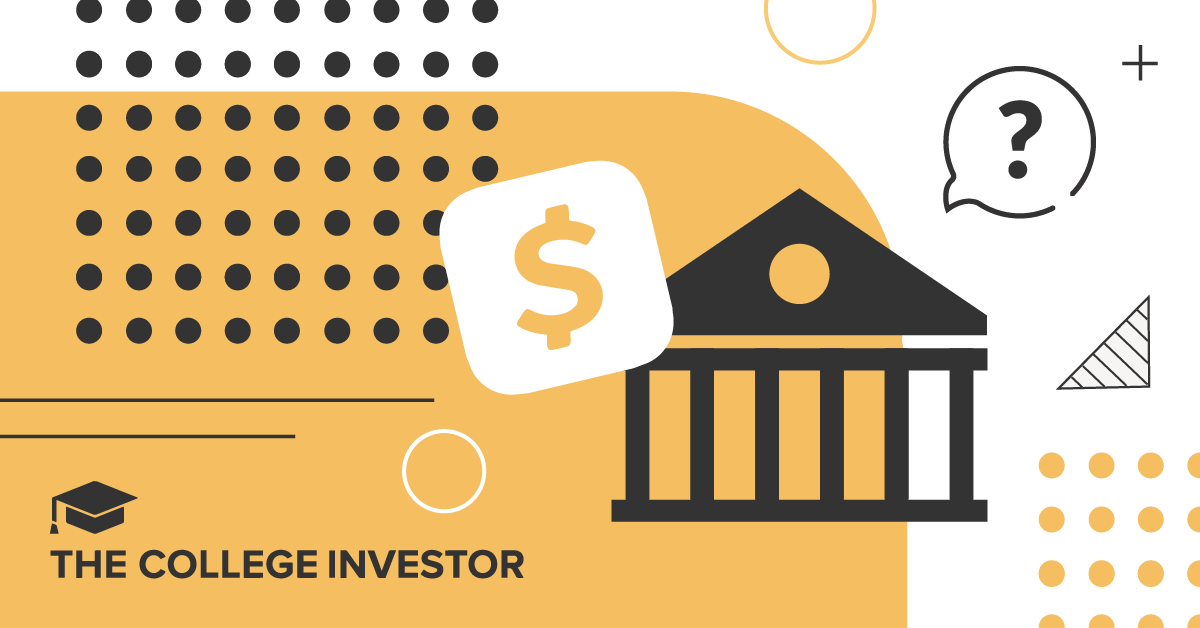Amortization
Definition
Amortization refers to the process of paying off a debt, such as a student loan, over a specific period of time through regular payments.
Detailed Explanation
Amortization represents the specified timeframe over which loans are repaid. Many loan products, such as mortgages and auto loans, use amortization schedules. These schedules detail every payment over the life of the loan, breaking down the portions allocated to interest and principal. As loan payments are made, more money is applied to the principal balance, and less to interest.
Fully-Amortized vs. Non-Amortized Loans
When a loan is "fully amortized," it means that the regular payments made over the agreed-upon term of the loan are calculated in such a way that by the end of the term, the entire principal and all the accrued interest on the loan are completely paid off. In other words, the borrower owes nothing further to the lender, resulting in the full settlement of that specific debt.
In a fully amortized loan, each payment contributes towards both the interest and the principal. This contrasts with other types of loans like income-driven loans, where the principal balance may remain unchanged for a period, or a large portion of the debt may be due as a lump sum at the end of the loan term (or simply forgiven).
In a fully amortized loan, there are no surprises or balloon payments — the debt is systematically reduced to zero by the end of the term, assuming all payments are made as scheduled.
Example
Consider a $200,000 mortgage loan with a 30-year term and an annual interest rate of 4%. Using an amortization schedule, the borrower would be able to determine their monthly payments, which would be fixed.
In the early years of the loan, a larger portion of the monthly payments would cover the interest, but as time progresses, an increasing amount would be applied to the principal until the loan is fully paid off.
Key Articles Related To Amortization
Related Terms
Accrued Interest: Interest that accumulates on the loan over a set period of time.
Interest Rate: The percentage at which interest is paid by a borrower for the use of money that they borrow from a lender.
Principal: The original amount of money borrowed before any interest or fees are added.
Overpayment: Occurs when a borrower repays more than the amount due on their loan account.
FAQs
Is it better to pay off student loans all at once?
It depends on your financial situation. Paying off your student loans in full can provide peace of mind and eliminate future interest payments. However, you need to consider all factors, including interest rates, other debts you may have, and your overall savings.
Is amortization the same as monthly payment on a loan?
No. Loan amortization refers to the process of spreading out loan payments over a period of time. A monthly payment refers to the specific amount due each month. Usually, the monthly payment includes principal and interest.
How can you use amortization to your advantage?
By making extra loan payments towards the principal or refinancing to a shorter amortization period, you can reduce the total interest paid and pay your loan off more quickly. This will also save you money in the long run.
Will paying off my student loans hurt my credit?
Depending on your situation, you may see a temporary dip in your credit score after paying off your student loans. However, reducing your overall debt owing will have a positive impact in the long run.
Editor: Colin Graves Reviewed by: Chris Muller
